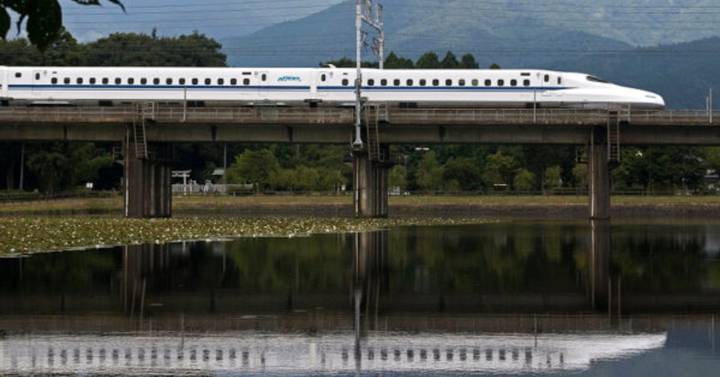Renfe has achieved a pre-contract of 6,000 million dollars (5,560 million euros) for the operation of the high-speed train line between the American cities of Dallas and Houston, in the United States, which will become the largest ever received by a Spanish public company abroad, the transport company reported on Wednesday in a statement
The contract, which advanced Cinco Días last December and which this Thursday has been confirmed by the Minister of Transportation, José Luis Ábalos, is currently being drafted, according to sources from the public company, after the pre-agreement reached in December and provides two phases. In the design and advisory phase until 2026 the Spanish company will obtain 311 million dollars (288 million euros) and, in the second, during the years of operation of the line, between 2026 and 2042, the expected revenues amount to 5,611 million dollars. dollars (5.2 billion euros).
The Central Texas private consortium could also consider expanding the high-speed line to the cities of Austin and San Antonio, with the consequent possibility of expanding collaboration between the two companies.
Renfe will not participate in the construction or provide the trains, and its contract is only for the advice and operation of the line, as confirmed by company sources. The engineering works correspond to the Texan company Bechtel, while the Italian company Salini Impregilo will lead the construction work through its US subsidiaries Flour Enterprise and Lane Construction. The civil works phase will involve the creation of 10,000 jobs, while the operation phase will correspond to a team of 1,500 troops. JR Tokai is the provider of Shinkansen trains, the well-known bal trains.
The high-speed train will connect the two cities, 386 kilometers away, in less than 90 minutes
The first US AVE line
The high-speed train between Houston and Dallas / Fort Worth will connect these two cities, 386 kilometers away, in less than 90 minutes on a corridor that has two of the first five US economic regions.
The board of directors of the public company will analyze the contract next Monday, which will be signed through its subsidiary Renfe of America, with Texas Central Partners. This operation is part of Renfe's strategic plan for the 2019-2023 period, which includes accelerating its internationalization to progressively increase the volume of business outside Spain and face competition from December 2020.
In addition to the Dallas / Fort Worth and Houston stations, it will have an intermediate station in Brazos Valley. All stations will be connected to the motorway network and public transport systems, and will have ample parking areas.
The Texas high-speed train is promoted by Texas Central Partners, LLC (Texas Central), a private company supported by investors and which plans to develop the project without public funds (state or federal). Registered as a railway company, it has worked since 2014 with federal and state authorities to develop a project that plans to connect the fourth and fifth largest economic region in the United States.
According to Central Texas, the high-speed line will generate economic benefits in the state of Texas that could reach $ 36 billion over the next 25 years, including the creation of 10,000 jobs per year in the construction phase and about 1,500 permanent jobs once the line enters service. A part of this employment, still to be specified, will correspond to Spanish professionals. The Texas high-speed train is the world's first 100% private high-speed rail project, which highlights the viability of the high-speed business.

